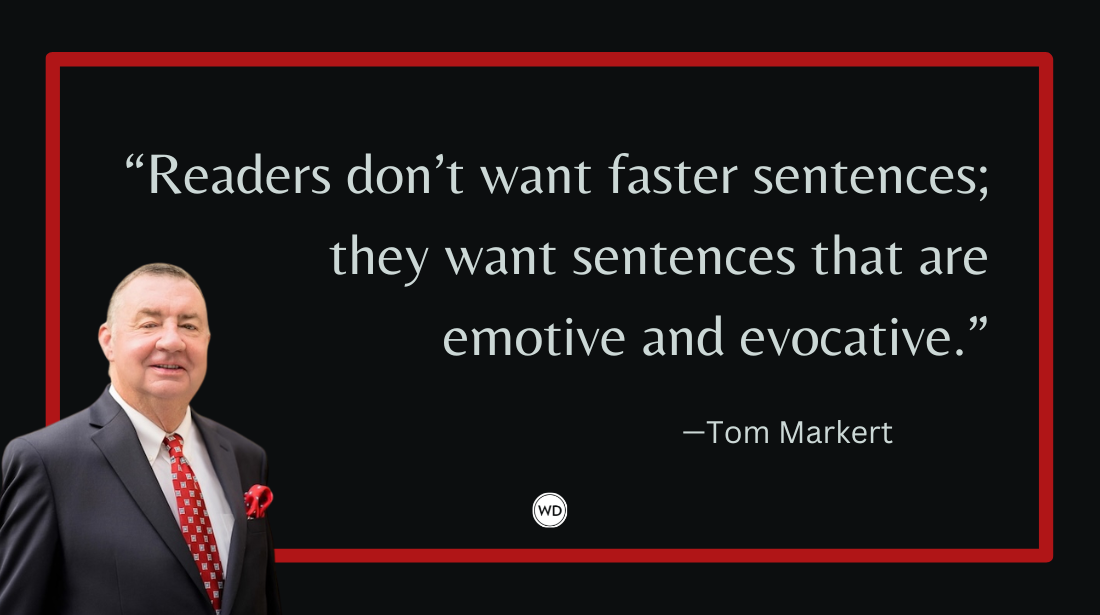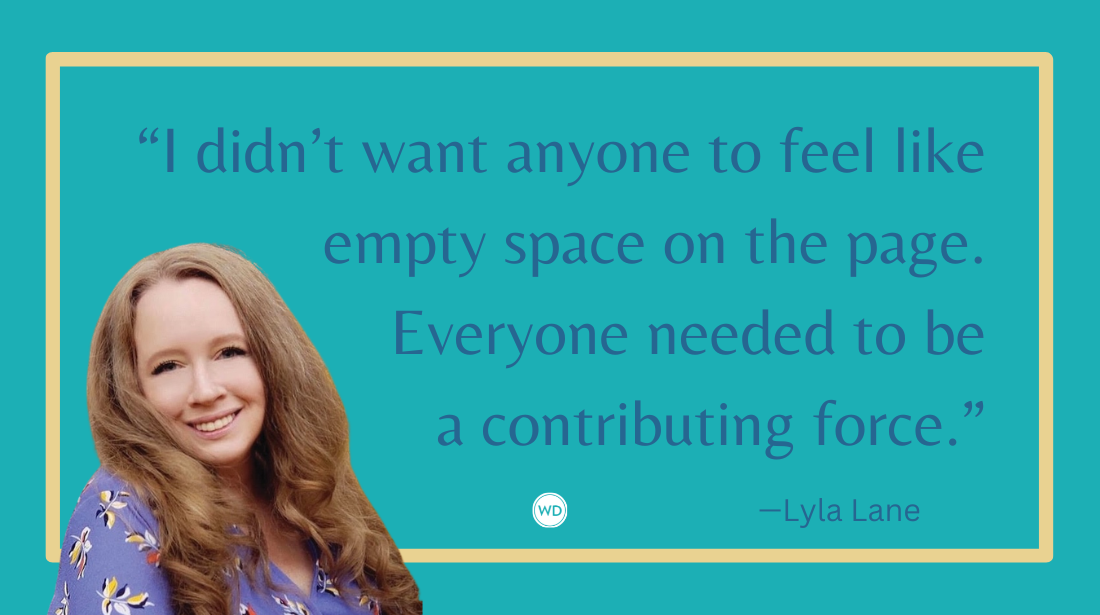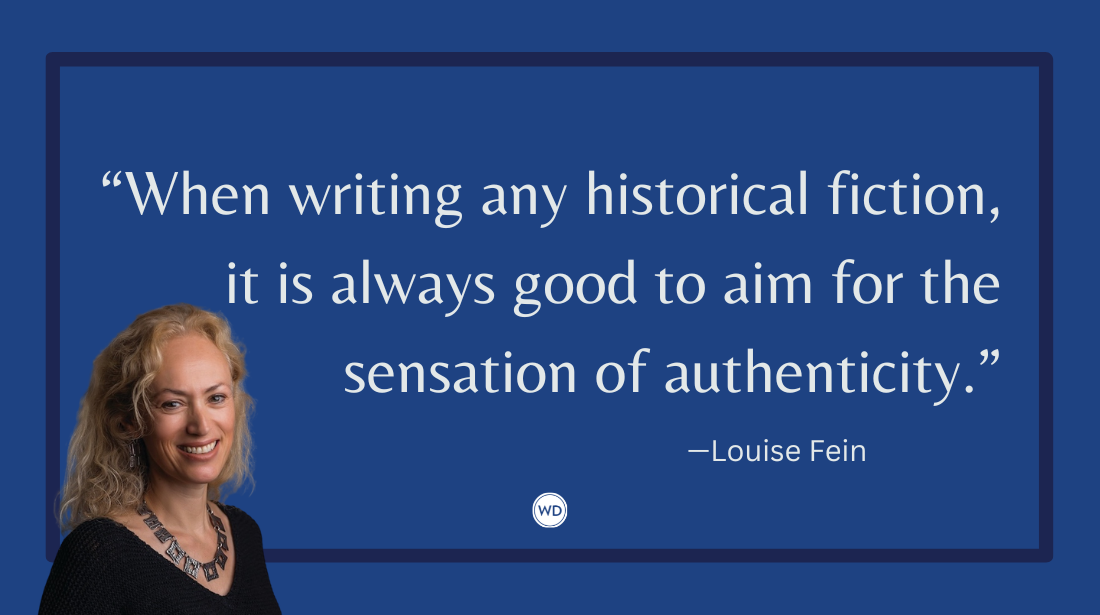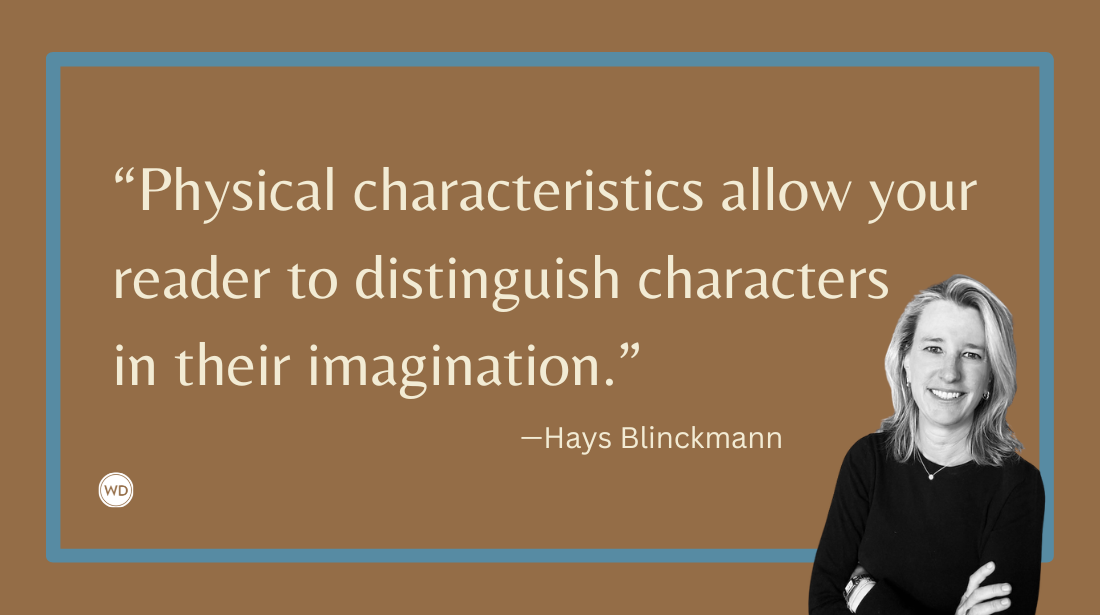Zak Salih: On Embracing the Selfishness of Writing
Debut novelist Zak Salih considers how his viewpoint on writing vs. revision led him to embrace the messiness of the writing process and why he wrote Let’s Get Back to the Party.
Zak Salih lives in Washington, D.C. His writing has appeared in Crazyhorse, the Chattahoochee Review, the Millions, the Rumpus, and other publications. Let's Get Back to the Party is his first novel.
Name: Zak Salih
Literary agent: Kate Garrick, The Karpfinger Agency
Book title: Let’s Get Back to the Party
Publisher: Algonquin Books
Expected release date: February 16, 2021
Genre/category: Literary Fiction / LGBT Fiction
Elevator pitch for the book: Two estranged childhood friends reconnect as adults and struggle to find their place as gay men in a rapidly changing culture and world.
Previous titles by the author: N/A
What prompted you to write this book?
I’ve long felt my identity as a gay man has been linked inextricably with the circumstances of my birth. I was born in 1982 and came out (to myself as well as others) in 2005; as such, I’ve long seen myself as part of a sandwiched generation of gay men. On one side are those who bore the brunt of the AIDS plague, which I was too young and closeted to connect with anything inside me; on the other, those who are growing up in a time of increased visibility and acceptance, which I was unable to benefit from. Born too early, born too late—in either instance, my life would have been radically different. While this novel is far from autobiographical, it did afford me the chance to explore what it’s like to belong to this sort of “in-between” generation of gay men, to try and forge some sense of present in relationship to the past and the future of my community.
How long did it take to go from idea to publication? And did the idea change during the process?
The idea for the novel had been with me for quite some time, doing laps in my head while I waited for the courage to bring it out into the world. I first had the idea of a novel about two gay men with very different ideas of what it means to be gay in 2010, having had five years as a “practicing” homosexual under my belt, so to speak. It wasn’t until January 2017 that I sat down to write a first draft, then another draft, then another draft. By mid-November, I began to query my first literary agents. Then another draft, and another draft. Then more queries. Then I had the great good fortune to connect with my agent, Kate Garrick, who sold the novel to Algonquin Books in the summer of 2018. Then revisions and revisions, until the book was completed (or as completed as a book ever is) in the summer of 2019. The core of the novel remained the same throughout, and was only strengthened by helpful feedback from early readers, my agent, and my editor at Algonquin, Betsy Gleick.
(WD uses affiliate links.)
Were there any surprises or learning moments in the publishing process for this title?
I am, alas, a fairy impatient person. Chalk it up to anxiety about the speed with which time moves, or regrets about not doing nearly enough with the time one’s given. The publishing process, understandably, is a slow one; there are plenty of fallow weeks and months in which one sits at one’s desk and waits for any correspondence that proves, no, you haven’t been forgotten about. The publishing process for this book—as for nearly every book out there—has been a master class in patience, in learning to be more productive with the time I spend waiting for something to happen: a novel to print, a package to arrive, a cake to cool. And, of course, that inevitable time spent waiting just means more time to spend writing.
Were there any surprises in the writing process for this book?
It’s amazing how much creative freedom you have when you give yourself permission to first write crap. As a child typing out stories on his father’s electric typewriter, if something didn’t come out perfect the first time, it was trash; I had no time (or patience) for revisions and edits. A revelatory moment for me as I was preparing to write this book was learning to embrace the messiness of the writing process, of which there’s no evidence in any final published book. All I have to do is look back at the first pages I wrote in early 2017 and compare it with the first pages of the novel as published to see this idea confirmed. I find so much more joy now in revising, in reworking pages that already exist in the physical world, than in sitting down to write a first draft.
What do you hope readers will get out of your book?
While Let’s Get Back to the Party is unapologetically gay, I like to think the heart of the book and its characters’ journeys is one that extends beyond the queer community: namely, how people cope with the passing of time. What obligations do we have to our pasts? Is it better to remember, or to let go? How does one make it through life without being at the mercy of all the lives one didn’t lead? Is it up to each of us, alone, to survive in the world, or are we unable to do it without help?
If you could share one piece of advice with other authors, what would it be?
I recently read a post on Twitter (that fount of wisdom) which said, “I like books that feel like the author doesn’t give a f**k what I want.” I couldn’t agree more. Embrace the selfishness of writing. Writing what you want to write about is, ultimately, more respectful of the reader’s time and attention than trying to cater to the needs of a particular market—or to that awful idea of “likeability.” Writers are hosts inviting a reader in to their dinner party; the reader is welcome to leave if the menu isn’t to their liking, but, with respect, there will be no substitutions this evening.
About Amy Jones
Amy Jones is the Editor-in-Chief of Writer’s Digest and was the managing content director for WD Books. She is the editor of the Novel and Short Story Writer's Market and Children's Writer's and Illustrator's Market. Prior to joining the WD team, Amy was the managing editor for North Light Books and IMPACT Books. Like most WD staffers, Amy is a voracious reader and has a particular interest in literary fiction, historical fiction, steamy romance, and page-turning mysteries. When she’s not reading, Amy can be found daydreaming about Italy or volunteering at her local no-kill cat shelter. Find Amy on Twitter @AmyMJones_5.








